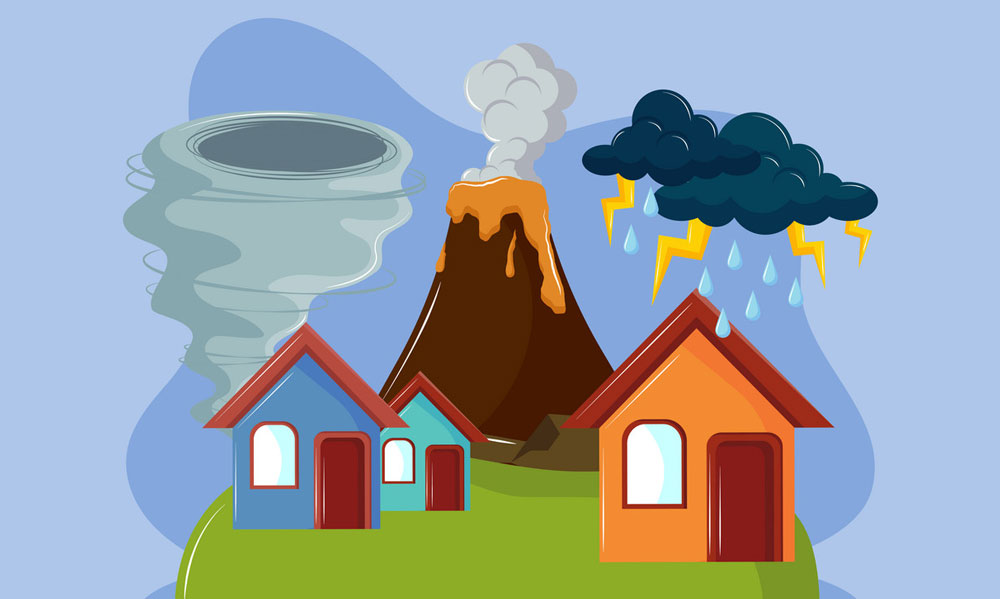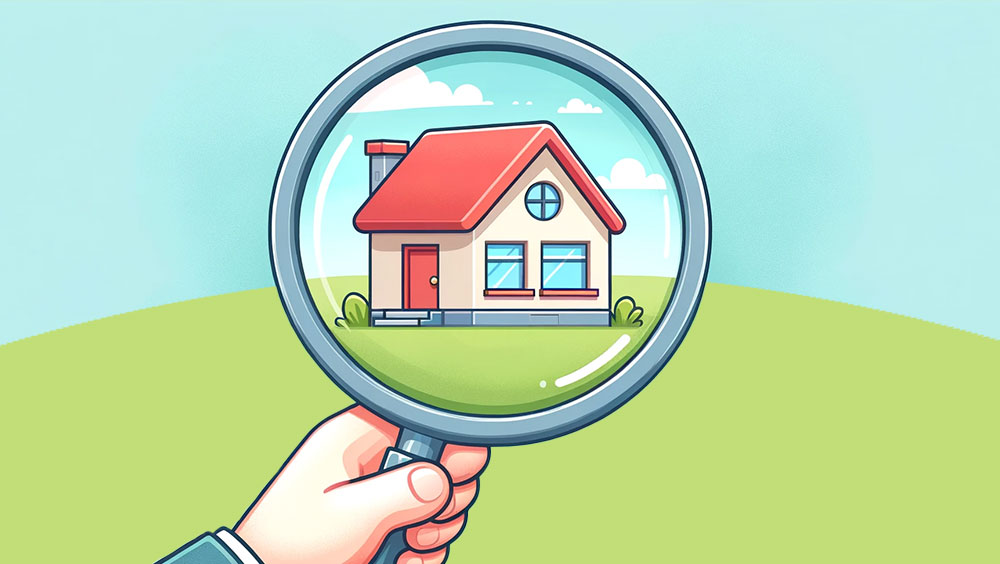Investing in real estate is not just about laying the foundation for financial growth, it's about building a portfolio brick by brick with savvy and diligence to ensure a towering success. Due diligence isn't just a step in the property buying process, it's the blueprint for uncovering the structural integrity of your potential investment. This article will not just open doors but also windows into the world of due diligence in real estate, transforming the key steps into detailed floor plans to guide investors in constructing their path to success.
What is Due Diligence in Real Estate?

Due diligence in real estate refers to the comprehensive process of investigating and evaluating a property before you finalize your purchase. It's a multifaceted approach that scrutinizes legal, financial, physical, and environmental aspects of the property, ensuring that your investment is safe and sound.
Legal Due Diligence
The legal side of due diligence is all about making sure that the property's legal documents and status are in order. This includes confirming that the seller actually owns the property and has the legal right to sell it. You'll need to check for any legal claims or debts against the property, known as liens and encumbrances. Another crucial aspect is ensuring the property complies with local zoning laws, especially if you have specific plans for its use, like remodeling or renting it out. This step might involve reviewing the local zoning laws and any relevant permits.
Financial Due Diligence

When it comes to the financial aspects, you're looking at everything that affects the property's cost and income potential. This means analyzing how much money the property brings in (like rent) and its ongoing costs (maintenance, taxes, etc.). It’s also important to look at the property's rental history and the reliability of its income stream, known as the rent roll. Additionally, understanding any past investments in the property, like major repairs or upgrades, can give you insight into its future financial needs.
Physical Inspection
A thorough physical inspection is a crucial step in due diligence. It involves assessing the property's overall condition, from its foundations to the roof. This includes checking structural integrity, the condition of major systems (like plumbing and electrical), and identifying potential health hazards (such as mold or pest infestations). For this step, hiring a professional inspector can be a wise investment, as they can identify issues that you might not notice.
Environmental Assessment

Environmental due diligence is increasingly important in today's real estate market. This involves assessing the property's risk of being affected by natural disasters, like floods or earthquakes, which could impact its value and insurability. Additionally, checking for environmental hazards such as asbestos, lead paint, or soil contamination is essential, as these can have significant health and financial implications.
Neighborhood and Market Analysis
Understanding the local real estate market and the specific neighborhood where the property is located can provide valuable insights. This includes analyzing local market trends to predict potential value appreciation or depreciation. Investigating the neighborhood’s dynamics, such as crime rates, development plans, and overall quality of life, is also vital as these factors can significantly affect the property's attractiveness to future renters or buyers.
Advanced Due Diligence Strategies

In addition to these fundamental steps, advanced due diligence includes maintaining detailed records of your findings and assessments. This should cover everything from inspection reports to communication with experts. A thorough risk assessment is also crucial, considering factors like market volatility and tenant turnover. Consulting with various experts, including real estate lawyers and financial advisors, can provide a more comprehensive understanding of the investment. Reviewing the property’s insurance options and understanding the costs involved is another important step. Lastly, having a clear exit strategy for the property, whether that’s selling it or leveraging it for further investments, is essential for long-term planning.
In-depth due diligence is the key to successful real estate investing. It involves a meticulous examination of all facets of the property, from its legal status to its physical condition and environmental factors. By thoroughly understanding every aspect of your potential investment, you can make informed decisions, minimize risks, and set yourself up for a profitable venture. Remember, the more you know about the property before buying, the better equipped you are to make a sound investment decision.


